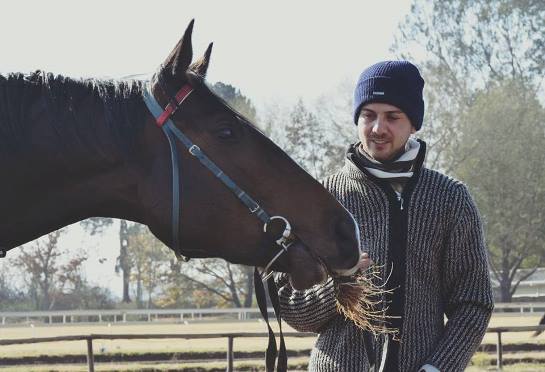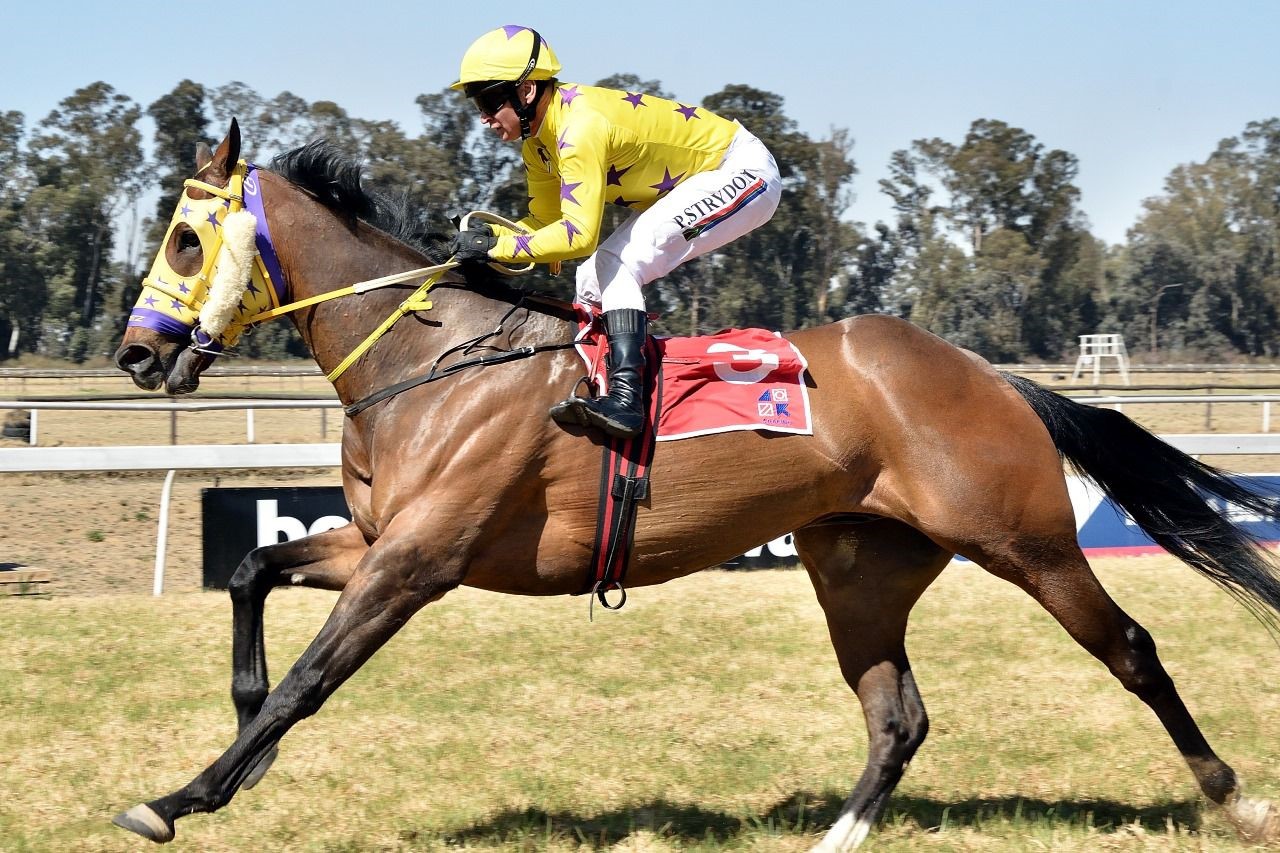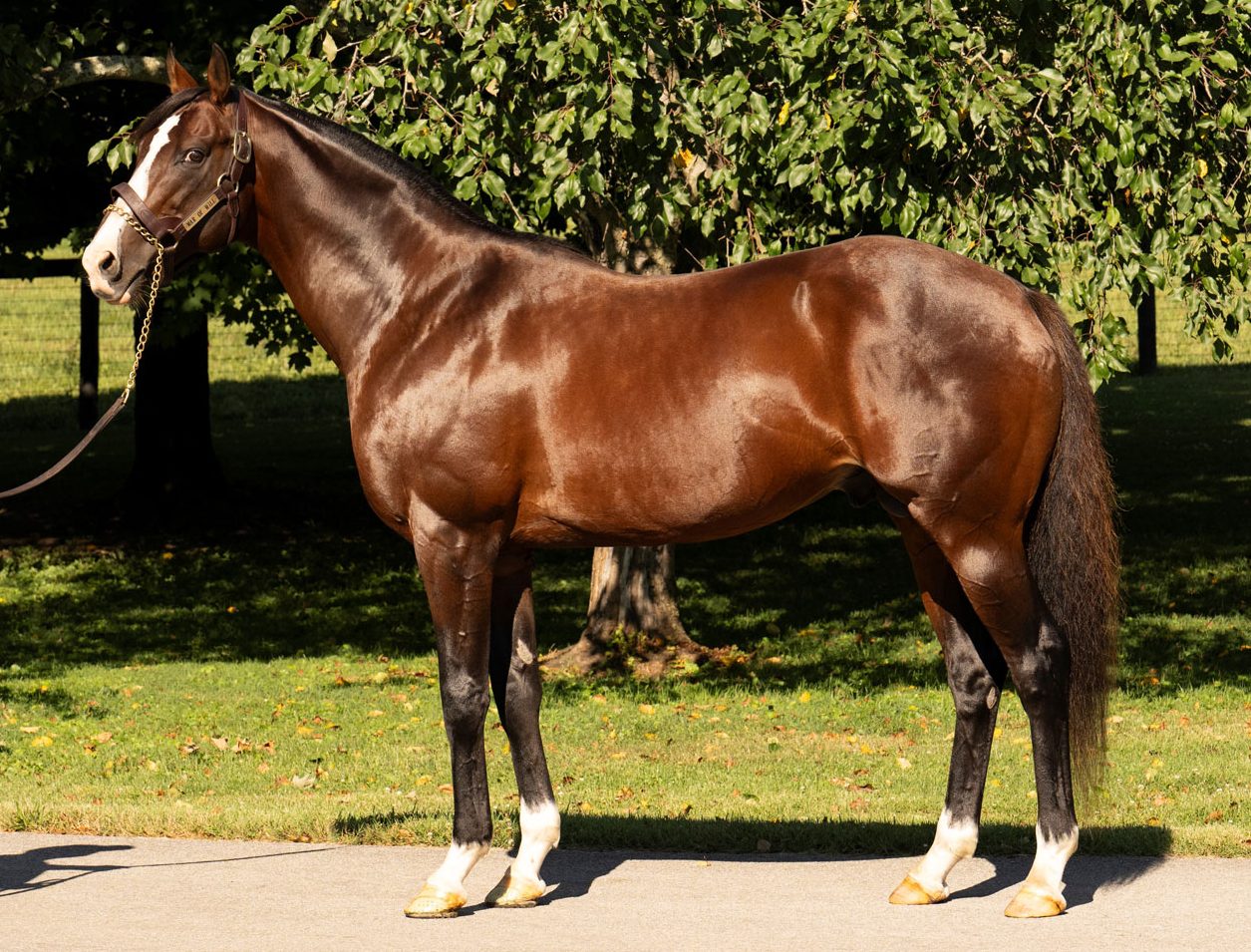The financial strains of training racehorses are catching up with trainers around the globe. Small and large stables are affected.
The reasons furnished range from an inability to recover from slow, or no business during Covid, rising costs, poor management by racing’s authorities, small fields, an inadequate handicapping system and stakes that have not kept pace with the hike in costs.
In 2020, leading New York handlers Kiaran McLaughlin and Gary Contessa closed their barns and left the jobs they’d been doing for more than 20 years.
In South Africa, long-time top five trainer Joey Ramsden handed in his licence and emigrated to Australia, while former multiple National champion Geoff Woodruff closed his operation.

Geoff Woodruff – moved to Mauritius (photo: hamishNIVENPhotography)
In Ireland, several trainers expressed concern about escalating costs in a recent Racing Post interview, including Dennis Hogan, Liam Burke and Peter Fahey. In the UK, Lambourn trainers Harry Dunlop and Joe Tuite have both announced the winding up of their operations.
In Zimbabwe the citizens have had financial woes for decades due to corrupt African rule, but the loss of their top trainer Gokhan Terzi last week is worth mentioning. He’s had to pack up for lack of stakes in their industry and is off to Dubai to look for opportunities.

Gokhan Terzi – seeking greener pastures
There are other stables in the Southern Hemisphere said to be on the verge of collapse, but the UK and Irish trainers have been most outspoken in search of support and industry change.
Veteran trainer Kevin Prendergast (90), believes the Irish Handicapping system needs urgent review and told the Racing Post that Ireland and Britain, should start looking to systems in France or Australia for inspiration if they are to keep trainers in business.
Prendergast argued: “In other countries if a horse runs second or third, his mark is not affected until he wins. If a horse runs in Australia in a weight-for-age race with a handicap mark and runs well, he still has to run off the same mark that he had if he goes back into a handicap.
“The conditions race might have suited him on the day, but he might not have improved a pound, so he has to run off the same mark as he had in the handicap.”
In Ireland and the UK (and indeed the dubiously controlled South African National Authority) it gets very tricky to keep a horse competitive and hence earning stake cheques. Prendergast said: “If a horse runs well in Ireland, or even England sometimes, he or she could go up any amount in a race. These things are making it very hard to keep going in racing. Until someone comes along and does something about it, it’ll be a tough fight.”
Tuite, formerly assistant to Mick Channon, cited financial difficulties brought on by a dwindling string. He’s been training successfully at Lambourn since 2015, but said: “I’m packing up. It hasn’t been a great season and the financial side of racing, when you don’t own your yard, is tough.
“It was a tough decision, but one I wanted to make before it was made for me. I won’t owe anyone any money when I finish and that was important to me. I can leave with my head held high and not a trail of debt behind me.”
The surging cost of petrol and diesel has left trainers struggling to cope.
Tiperary-based Dennis Hogan explained that he is now being more selective about having runners in Northern Ireland because of fuel prices. “Our overall costs have gone up significantly and we’ve been forced to up our fees to make it work,” he told RP. “Such is the cost of fuel, you might think twice about declaring a horse at one of the northern tracks if they were going to be your only runner. You can’t pass all the costs on to the owner either. It is taking plenty of planning and budgeting.”
Harry Dunlop, successful at Goodwood and Ascot this year, said that the costs of feed, staff and transport, as well as the impacts of Brexit were the factors is his decision to change careers. He hinted at staying involved in the industry in a different capacity.

For illustration only (photo: Dubai Racing Club / Andre Engelbrecht)
Dunlop was down from his former average of 40 to 14 horses this season, but large stables won’t be escaping what he has gone through.
Simon Dow, speaking to The Spectator (in Covid time), suggested that small trainers were accustomed to living almost hand-to-mouth in a ‘one week is good, the next week is bad’ fashion which, in his view, gave them a better chance of survival than the big guns, for which the cost of a single big patron can mean disaster. This view still holds value if one looks at the state of the industry worldwide.
Dow did point out that resilience among horsemen is something that plays a role and that they tend to tailor their operations to suit different economic situations.
A final word from Joe Tuite, who suggested that his colleagues should keep all options open and perhaps believe in a bit of luck: “You never say never about training again. You see what is around the corner. I’ve friends who used to train and since packed up and they’ve said, ‘Joe, just remember there’s a big world out there you forget about when you train racehorses and you only realise that when you step out of it’.”
- International Racing Club, Newsletters.









